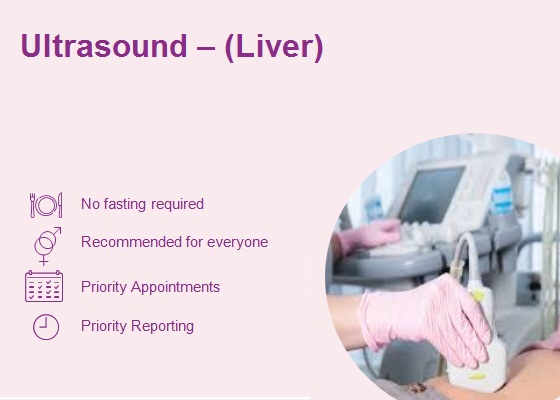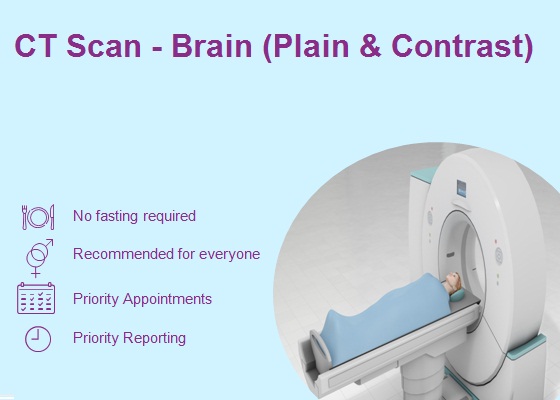
What is a liver ultrasound?
A liver ultrasound is a simple and painless imaging test of your liver and the surrounding area. Doctor uses ultrasound to screen for liver diseases. An ultrasound, or sonogram, takes pictures of the inside of your body by bouncing high-frequency sound waves off your organs.
Why would a doctor order a liver ultrasound?
A doctor might order a liver ultrasound if you have symptoms of liver disease, or if you have results from another type of test that indicate liver disease (like a blood test). Ultrasound offers a quick and easy way for your provider to investigate these findings. If you’ve already been diagnosed with liver disease, your provider might order a liver ultrasound to check how your liver is doing.
Can an ultrasound show liver problems?
A liver ultrasound can show signs of fat storage in your liver (steatotic liver disease), inflammation and swelling (hepatitis), and scar tissue (fibrosis or cirrhosis). These are the three main stages of chronic liver disease. The scan may also show liver lesions, abnormal spots or growths on your liver. Special types of liver ultrasounds can evaluate the blood flow through your liver or how stiff its tissues are.
What conditions can a liver ultrasound diagnose?
A liver ultrasound can be instrumental in diagnosing many liver conditions. It isn’t always enough by itself for your provider to make a final diagnosis, but it can point them in the right direction. You may need further tests to follow up on your ultrasound results and determine the exact type of liver disease you have. You might need a biopsy to investigate a lesion or spot on your liver ultrasound to confirm what it is.
Some conditions liver ultrasounds can help diagnose include:
Stages of chronic liver disease:
- Hepatitis.
- Steatosis.
- Cirrhosis.
Liver lesions:
- Liver cysts.
- Liver hemangioma.
- Liver cancer.
Vascular conditions of the liver:
- Ischemia.
- Budd-Chiari-syndrome.
- Portal hypertension.
Other conditions affecting your biliary system:
- Ascites.
- Cholecystitis.
- Choledocholithiasis.
| City | Ahmednagar, Aurangabad, Mumbai, Pune |
|---|







There are no reviews yet.